Chris Kaba's Death: Police Complaint To Ofcom Over Panorama Documentary
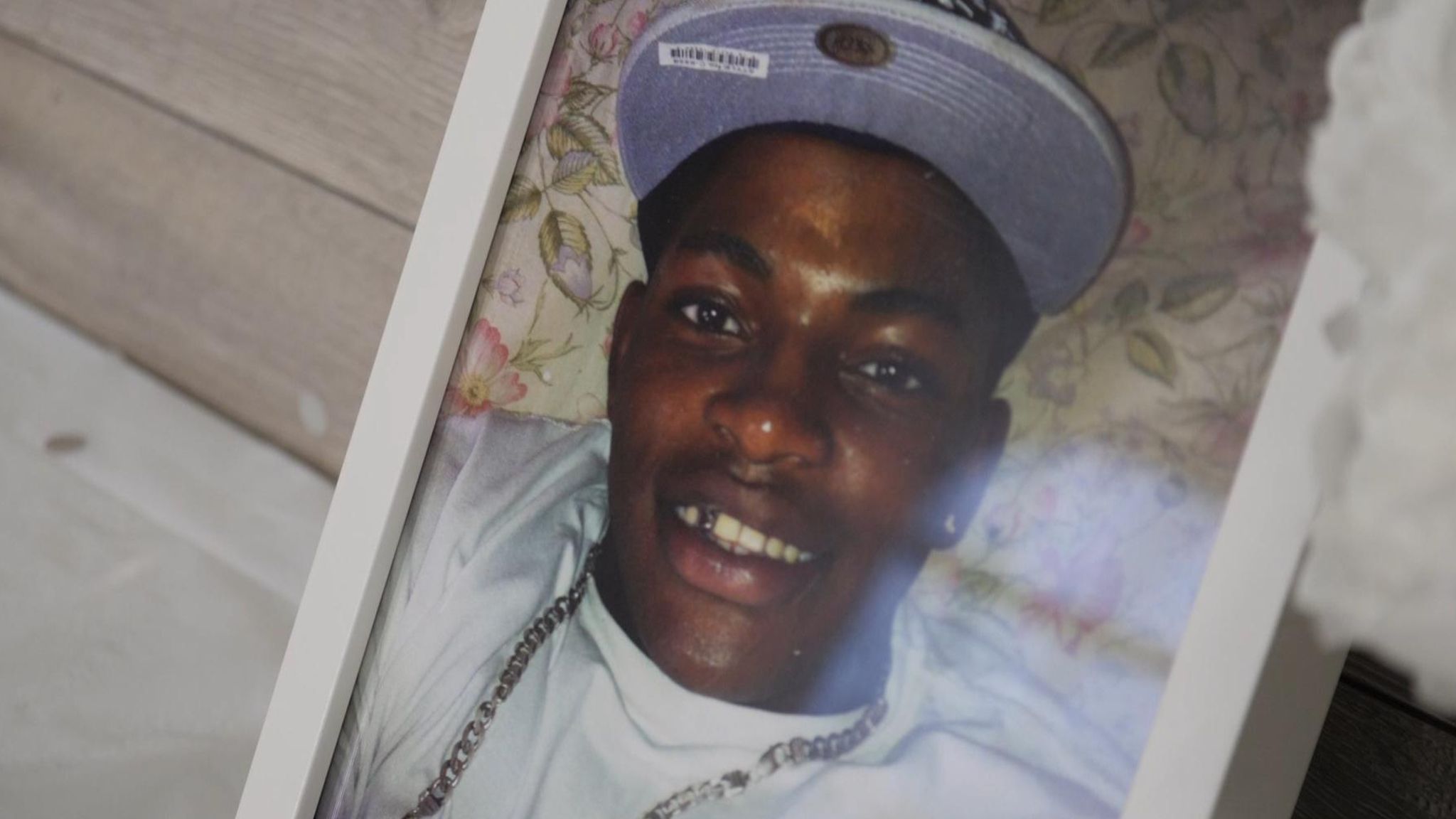
Table of Contents
H2: The Panorama Documentary's Content and its Alleged Bias
The BBC's Panorama documentary on Chris Kaba's death presented a critical examination of the police's actions leading up to and including the fatal shooting. The documentary aimed to shed light on inconsistencies and unanswered questions surrounding the incident, raising serious concerns about the conduct of the Metropolitan Police.
-
Allegations of insufficient evidence to justify the shooting: The documentary highlighted concerns that the evidence presented by the police did not fully justify the use of lethal force. Questions were raised about the immediacy of the threat perceived by the officer who fired the fatal shot.
-
Questions raised about the police's initial account of events: The documentary scrutinized discrepancies between the police's initial statements and witness accounts, suggesting a potential attempt to downplay the circumstances surrounding the shooting. This fuelled public distrust and calls for greater transparency.
-
Claims of a lack of transparency in the investigation: The Panorama program alleged a lack of transparency in the investigation's handling, hindering a thorough and impartial examination of the events. This included concerns about the timing and release of information to the public and Chris Kaba's family.
-
Potential issues with police training and procedures highlighted in the documentary: The documentary suggested that the training and procedures of the officers involved may not have been adequate to handle such a high-stakes situation, contributing to the tragic outcome. This prompted calls for reviews of police training protocols in similar scenarios.
The documentary supported its allegations through interviews with witnesses, experts, and Chris Kaba’s family, alongside analysis of available evidence and police reports. The presentation style aimed to expose what the filmmakers perceived as systemic issues within the Metropolitan Police.
H2: The Metropolitan Police's Formal Complaint to Ofcom
The Metropolitan Police lodged a formal complaint with Ofcom, alleging that the Panorama documentary was inaccurate, biased, and breached Ofcom's broadcasting code. The force claims the documentary presented a one-sided narrative, failing to provide a balanced portrayal of the events and the police's perspective.
-
Allegations of factual inaccuracies in the documentary: The police specifically challenged several points presented in the documentary, claiming they were factually incorrect or misleading.
-
Claims of one-sided reporting and lack of balance: The complaint emphasized the perceived lack of balance, asserting that the documentary did not adequately represent the police's version of events or provide sufficient opportunity for rebuttal.
-
Potential breach of Ofcom's broadcasting code: The Met Police argued that the documentary's content violated Ofcom's broadcasting code, potentially by causing undue harm to the reputation of the officers involved and failing to adhere to principles of due impartiality.
The Metropolitan Police released statements emphasizing their commitment to transparency and accountability while also expressing their strong disagreement with the documentary's portrayal of the events surrounding Chris Kaba’s death. The Ofcom investigation will now involve a thorough review of the documentary's content against the broadcasting code, examining the evidence provided by both the BBC and the Metropolitan Police.
H2: Public Reaction and the Ongoing Debate
The Panorama documentary and the subsequent police complaint have sparked intense public debate and widespread reactions. The response has been largely divided, reflecting existing tensions around police brutality and media representation of sensitive cases.
-
Reactions from Chris Kaba's family and their legal representatives: Chris Kaba's family and their legal representatives have strongly defended the documentary, emphasizing its importance in raising awareness about the issues surrounding his death and highlighting the need for greater police accountability.
-
Statements from community activists and organizations: Many community activists and organizations have supported the documentary, seeing it as a crucial contribution to the ongoing fight against police misconduct and racial injustice.
-
Legal experts' opinions on the potential outcomes of the Ofcom investigation: Legal experts offer varied opinions on the potential outcomes of the Ofcom investigation, with some predicting a finding in favour of the BBC, while others suggest a potential compromise or even a reprimand for the broadcaster.
-
Public discourse on media bias and responsible reporting: The incident has reignited the broader public discussion about media bias, the challenges of reporting on sensitive police matters, and the importance of responsible journalism in maintaining public trust.
H3: The Wider Implications for Police Reform and Media Regulation
The Chris Kaba case, and the subsequent Ofcom complaint, have significant implications for police reform and media regulation. The outcome of the investigation will influence future police training, internal review processes, and public confidence in law enforcement. It will also impact how the media approaches reporting on similar sensitive cases, emphasizing the need for careful investigation and balanced reporting. The ability of the media to hold police accountable while adhering to broadcasting standards will be central to this ongoing conversation.
3. Conclusion
The Metropolitan Police's complaint to Ofcom regarding the Panorama documentary on Chris Kaba's death underscores the ongoing tension between police forces, the media, and the public. The Ofcom investigation will be crucial in determining the accuracy and fairness of the documentary's reporting and will have significant implications for both police accountability and media regulation. The Chris Kaba's death case serves as a stark reminder of the complexities involved in balancing the right to information with the need to uphold journalistic integrity and avoid unduly damaging reputations.
Call to Action: Stay informed about the developments in the Ofcom investigation into the Chris Kaba's death Panorama documentary. Follow reputable news sources for updates on this important story, and continue to engage in constructive discussions about police accountability and responsible journalism. Further understanding of the Chris Kaba's death case requires continued attention to the unfolding events and the ongoing debate surrounding police conduct and media representation.

Featured Posts
-
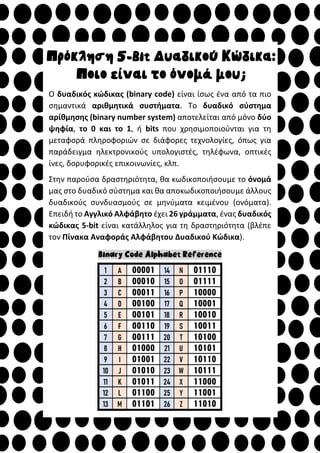 Ypologistes Apo Ines Parakoloythisi Tis Ygeias Mas Sto Mellon
Apr 30, 2025
Ypologistes Apo Ines Parakoloythisi Tis Ygeias Mas Sto Mellon
Apr 30, 2025 -
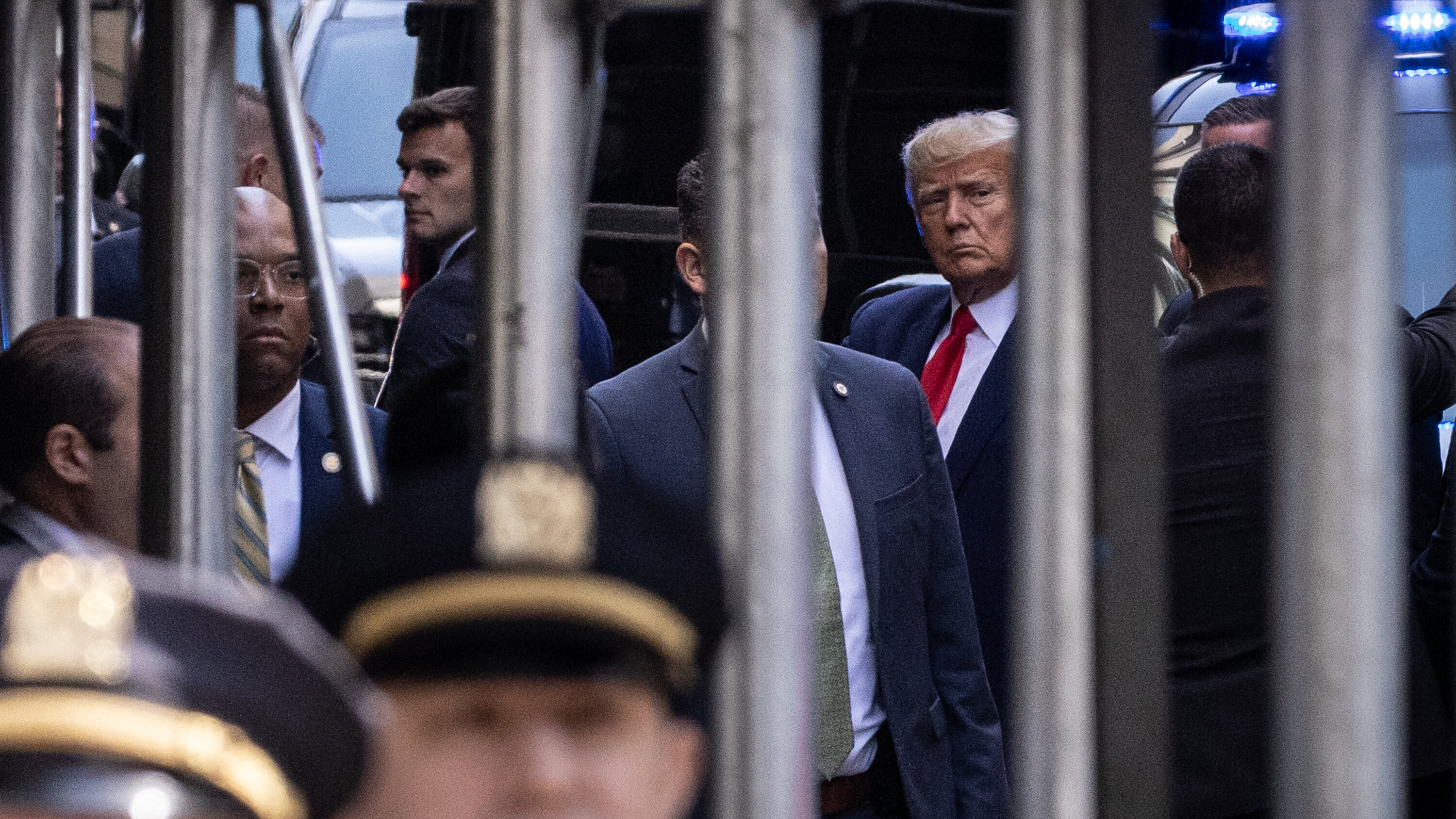 Congressional Address Assessing President Trumps Early Actions
Apr 30, 2025
Congressional Address Assessing President Trumps Early Actions
Apr 30, 2025 -
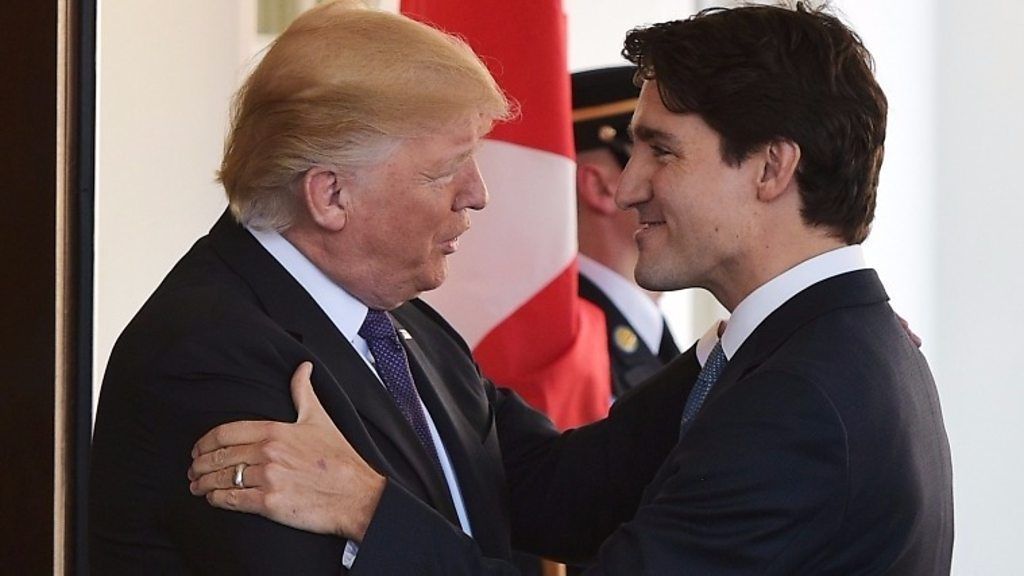 Canadas Election And Trumps Assessment Of Its Us Dependence
Apr 30, 2025
Canadas Election And Trumps Assessment Of Its Us Dependence
Apr 30, 2025 -
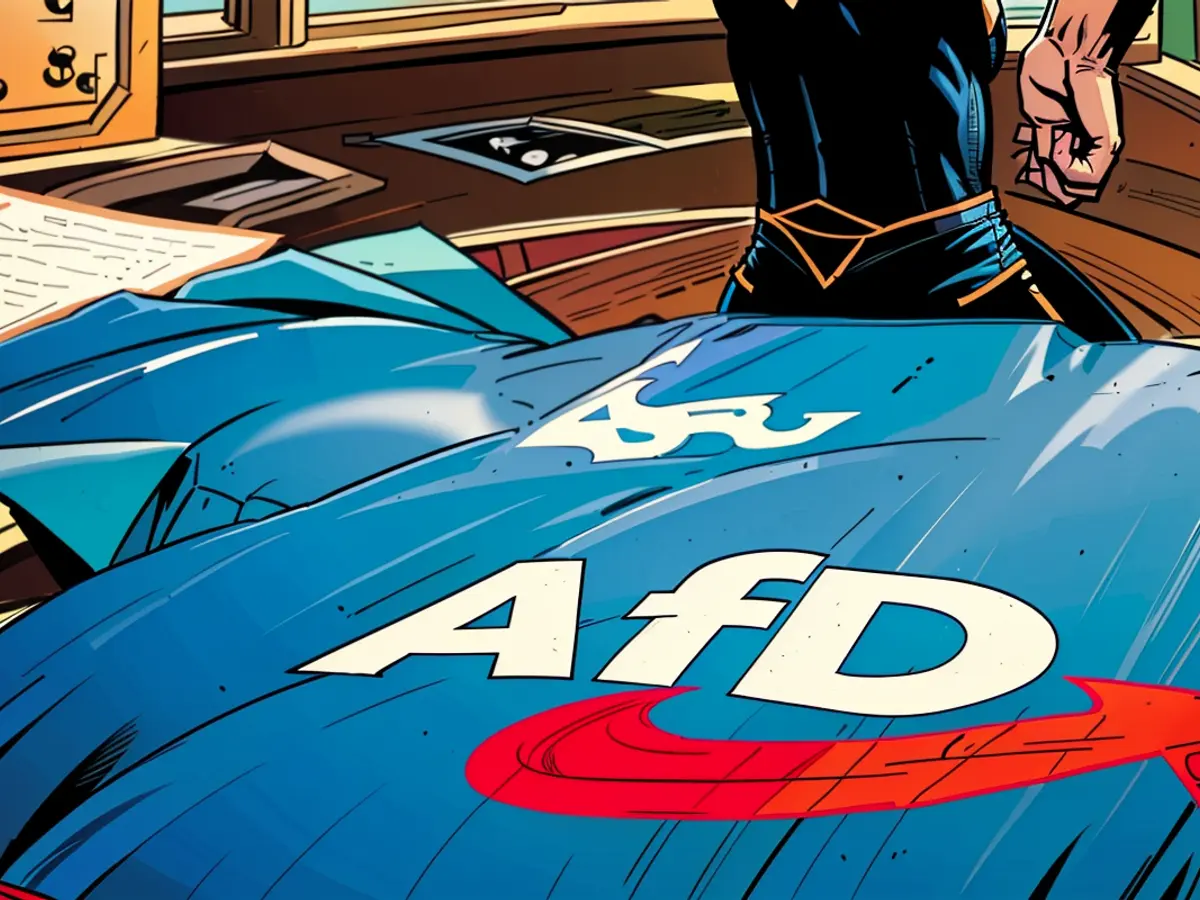 Bayern President An Af D Member On The Board Is Impossible
Apr 30, 2025
Bayern President An Af D Member On The Board Is Impossible
Apr 30, 2025 -
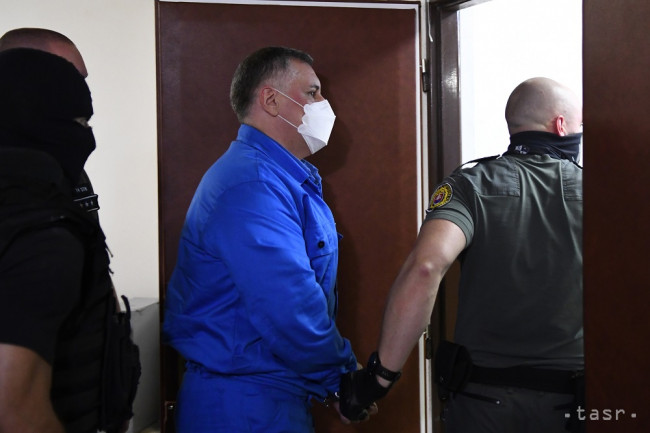 Sud Rozhodne O Obnove Konania V Unose Studentky Sony V Stredu
Apr 30, 2025
Sud Rozhodne O Obnove Konania V Unose Studentky Sony V Stredu
Apr 30, 2025
